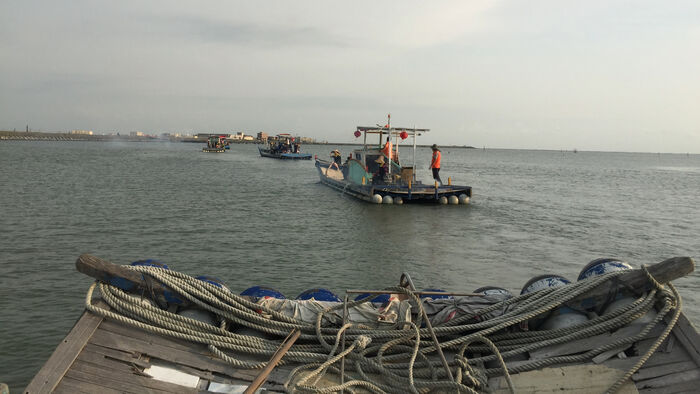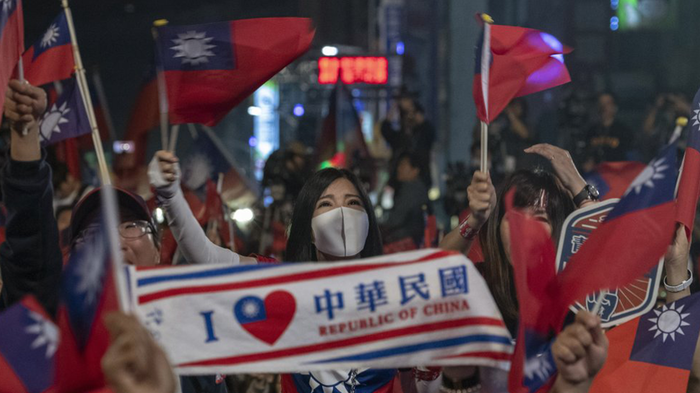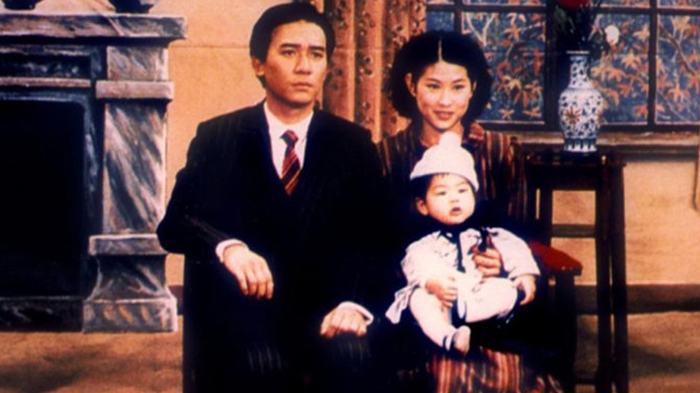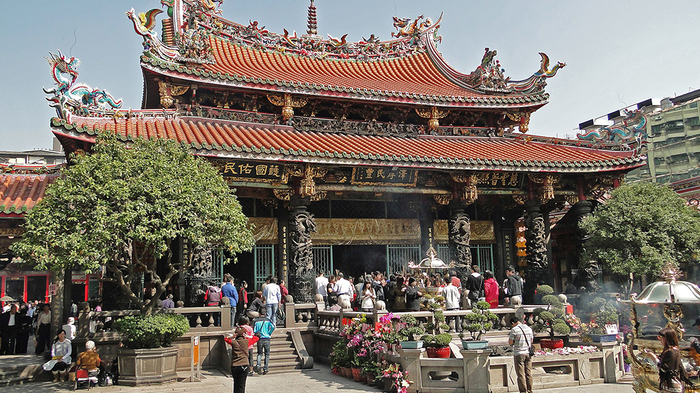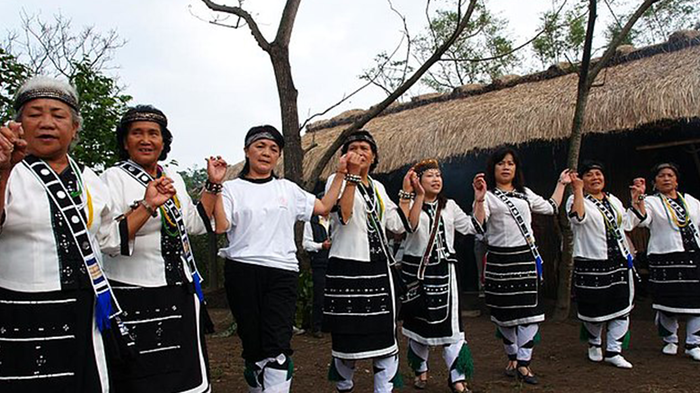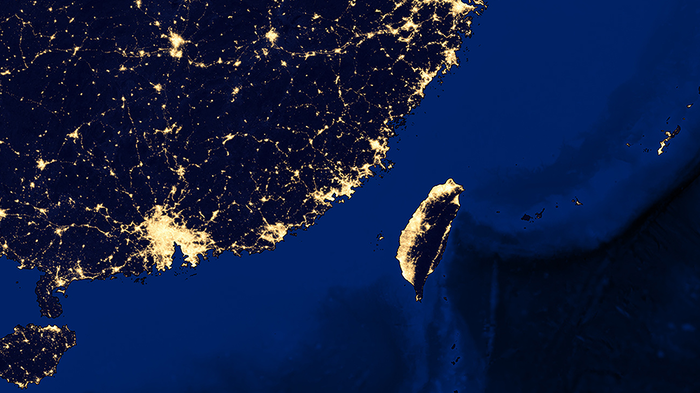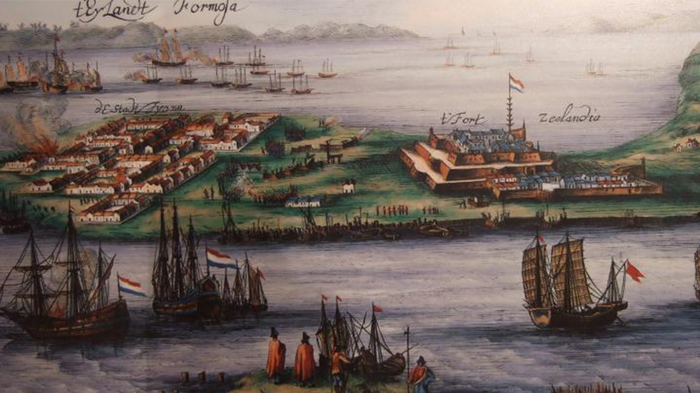The Taiwan Matters Lecture Series
Previous
In this lecture, Dr. Ming-yeh Rawnsley will present and discuss Taiwanese-language films (taiyupian) and port city cinema.
In this lecture, Professor Bi-yu Chang discusses state policies and interventions in constructing ideas of identity and nationhood in Taiwan's educational system.
In this lecture, Dr. Chin-yi Lee will discuss the economic relations between mainland China and Taiwan.
In this lecture, Dr. Hung-yi Chien will discuss China-Taiwan relations in a colonial perspective.
In this lecture, Henning Klöter will discuss whether Taiwanese is linguistically distinct from Mandarin as well as its history of ideological linguistic emancipation.
In this lecture, Dr. Stefania Travagnin will trace the role of women in Taiwan in crafting local history, discussing how listening to their voices and experiences will help us rethink agency in the discourse of Buddhism on the island.
In this lecture, Professor Yih-Ren Lin will address the issue related to the conflict between indigenous peoples’ natural resources rights and nature conservation in Taiwan.
With a proportion of 43 percent of women in its national legislature since 2020, Taiwan has arguably become Asia's leader in women's political representation. Dr. Chang-Ling Huang offers some perspectives on how and why that is.
In this lecture, Dr. Saša Istenič Kotar will provide an overview of Taiwan’s foreign relations and the key factors influencing the formulation of Taiwan’s foreign policy.
In this lecture, Dr. Julia Christine Marinaccio will discuss transnational ties between Taiwanese political parties and overseas communities and other constituencies abroad.
In this lecture Dr. Lu will discuss the impact and conflicts arising from the development of offshore windfarms on Taiwan's western coastline among local fishing communities.
In this lecture, Dr. Henning Klöter discusses the many facets of languages on Taiwan.
Electoral defeat is often viewed as the mother of party change. However, studies show that parties do not necessary learn the right lessons of defeat. In this lecture, Dr. Dafydd Fell reflects on this using the case of the Green Party Taiwan
Alongside the democratic development and the rise of Taiwanese consciousness over the last three decades, the dominant China-centric discourse has given way to a Taiwan-first mindset. This lecture discusses the making of Taiwan identity.
With a proportion of 43 percent of women in its national legislature since 2020, Taiwan has arguably become Asia's leader in women's political representation. Dr. Chang-Ling Huang offers some perspectives on how and why that is.
Democratisation is arguably Taiwan’s most significant achievement since 1945. This lecture addresses the impact of cultural democratisation by using Taiwan cinema as a case study.
The religious landscape of Taiwan is made of a large variety of denominations. Buddhism, Daoism, Yiguandao, and also Christianity, Islam, aboriginal religions: These are just some of the faces of Taiwanese religion. These beliefs and practices also appear in society in different forms and on several platforms.
Taiwan as the cradle of Austronesian expansion is a widely accepted hypothesis. This lecture discusses the significance of Taiwan as an island.
This lecture will address Taiwan’s relations with mainland China and Taiwan’s domestic developments since 1949.
The 2008 Taiwanese film Cape No. 7 海角七號, directed by Wei Te-sheng, will be shown on Tuesday 14 Feb from 12.00 (NOT 12.15!) in seminar room 2, P. A. Munchs hus. This is one of the films Ming-yeh T. Rawnsley will discuss in her lecture on 21 March.
This lecture will discuss the key issues and debates in post-Martial Law Taiwan by reviewing recent scholarship and representative works by local historians.
This lecture will introduce the major trends and development of Taiwan history using the collections and exhibitions of National Museum of Taiwan History as examples.
.jpg?alt=listing)
.jpg?alt=listing)


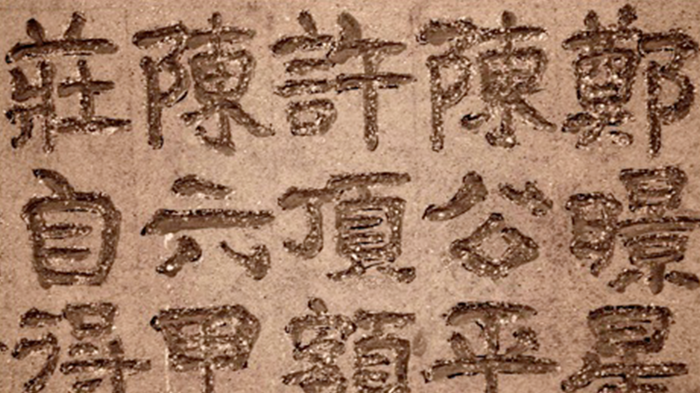
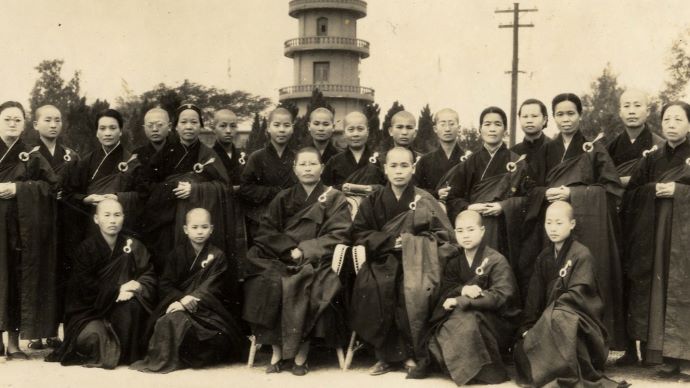

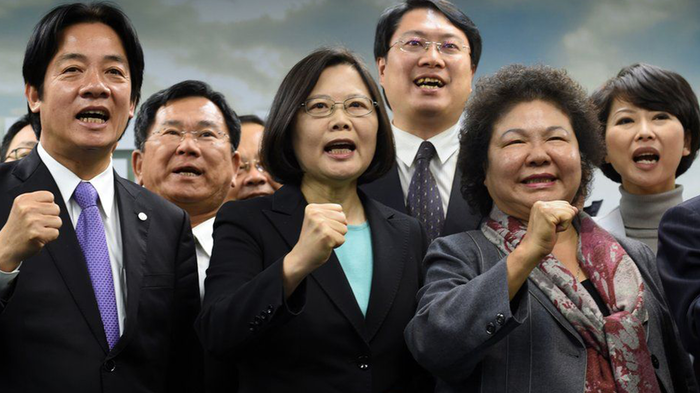
.jpg?alt=listing)
.jpg?alt=listing)
